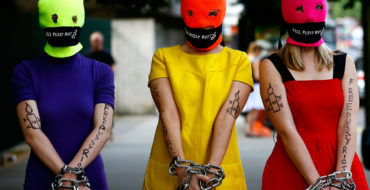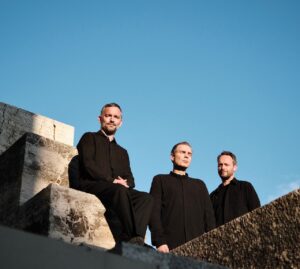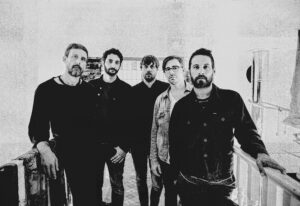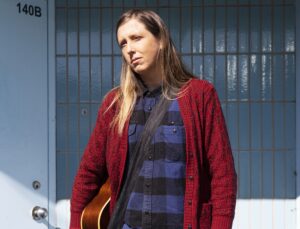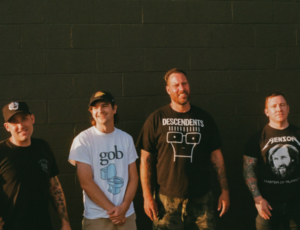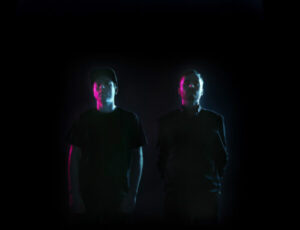“It’s never about people’s rights,” Nadya says, by now resigned to Putin’s politicking. “[He wants to] be sure that he is protected until he will die; protected and in power. Which is very frustrating, because as human rights activists … We ask the government to follow the law but instead of following it, they’re just changing itc”
From a Western perspective it’s hard to gauge Putin’s popularity in Russia, but Nadya offers some critical insight. “I’m sure there are people who love Putin, but I’ve never seen them. I’ve never heard anything from them.” Nadya says she finds that the average Russian citizens that she speaks with, the shopkeepers, taxi drivers etc, are “really uncomfortable” with what the Putin government is doing.
So with Putin’s games ongoing and a US election underway, what better time for a North American tour? Pussy Riot has finished the tour rehearsals, and is about to embark on a 24-date romp with an anticipated debut in Vancouver on March 19th.
But this is not the first time Pussy Riot has been tapped to play Vancouver. A 2018 gig was cancelled after a member of the crew fell ill. It was later reported that Pyotr Verzilov, Nadya’s ex-husband, was most likely poisoned.
Pussy Riot is less a band than an arts collective with a fluid membership. They are, in a classic sense, a “singles band” in that they do not release proper physical albums, but rather elaborate and provocative videos focusing on themes of police oppression (‘Police State’), abortion rights (‘Hangerz’), and feminism (‘Straight Outta Vagina’). Their sound has morphed from shouted slogans over choppy guitar chords to a harsh EDM beat. (No surprise here, but Nadya cites Grimes as a constant inspiration.)
The Pussy Riot sound has evolved, but the political spirit remains the same. And since 2016, Donald Trump has become as large of a target as Putin.

When Pussy Riot made headlines after their arrest for this protest in 2012, the collective had been in existence, if not in name then in spirit, since 2005. The name Pussy Riot began to appear in 2011 throughout Russia’s punk music scene. With Nadya at the core, Pussy Riot—the punk band—grew out of a need to fill a void. As she explains in her book, Read & Riot: A Pussy Riot Guide to Activism: “ [We] discovered that Russian punk feminism did not exist. There was feminism, and there was punk, but there was no punk feminism.” That night they wrote “Kill the Sexist,” and punk feminism found a home in Russia.
With their kangaroo court trial and subsequent jail terms, Pussy Riot became a pet cause of truth seekers the world over. Amnesty International, Human Rights Watch, and a Who’s Who of famous folk (Paul McCartney, Madonna, and Hillary Clinton) offered their support to the jailed activists. We Are All Pussy Riot became a rallying cry. Nadya, soft-spoken and a self-described “nerd,” became the de facto face of the group. If the crown weighs heavy, Nadya doesn’t let it show: A photo of her with a raised fist and a defiant look on her face circulated in much of the sympathetic media coverage.
For Pussy Riot, the sound of Russian boots is never far off. Even since Vancouver Weekly spoke with Nadya, a recent video shoot was the scene of a bust in an ongoing campaign of harassment that hounds the collective.
Although the tour will see Pussy Riot roll into Washington, DC in April, Nadya says there are no special plans for something a bit “extra” for that gig. (She could have been playing coy, of course. Only people in DC for that date will know for sure.)
For a taste of what to expect when Pussy Riot storms Fortune Sound Club on March 19th, watch this. Get your tickets here.


